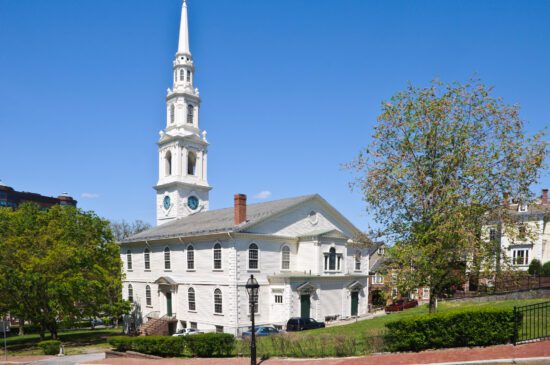The American founders viewed churches as a central institution within American life, because religion provided the moral foundation of self-restraint and community awareness necessary for the success of republican self-government. Many believed that the American experiment would not succeed without the moral training churches provided to citizens. Churches, surely, have contributed to the success of America by encouraging virtue, but social science research has also shown that churches provide direct and indirect economic and social benefits to communities. Churches provide valuable contributions to communities in the areas of direct economic contributions, social services and community volunteering, education and civic skills training, and reduced levels of deviance.
These benefits positively improve communities in direct and indirect manners, and they enhance political stability and the long-term health of communities. This paper will outline some examples of each cited by prominent social science researchers, developing the argument that churches bring benefits to communities that outweigh the loss of revenue from their tax exempt status. In fact, if it were not for churches, government would have to expend public funds to replace the community benefits that churches provide. Overall it is clear that churches bring positive benefits to communities, and their role in the community as a beneficial, nonprofit institution should be maintained.










